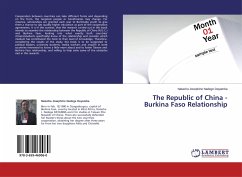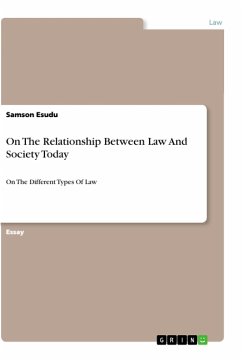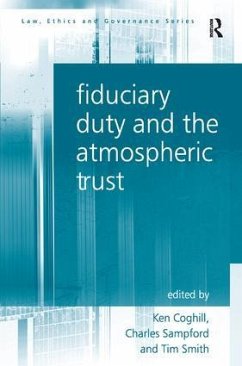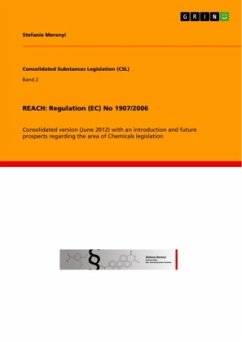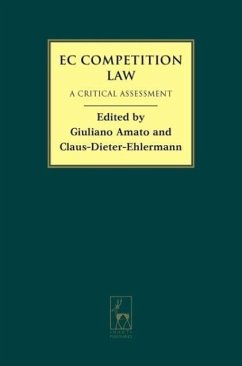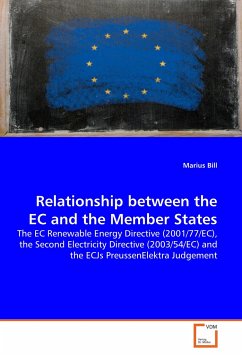
Relationship between the EC and the Member States
The EC Renewable Energy Directive (2001/77/EC), the Second Electricity Directive (2003/54/EC) and the ECJs PreussenElektra Judgement
Versandkostenfrei!
Versandfertig in 1-2 Wochen
32,99 €
inkl. MwSt.

PAYBACK Punkte
16 °P sammeln!
At present, Europe is facing a bulk of several, complex and difficult problems. One of them is the new energy challenge, which leads to the question what kind of energy sources should be promoted in the coming years. Should, for example, the old combustion and nuclear power plants replaced by new ones or should there be a change to renewable, clean and environmental friendly energy generators? And if so, what are the benefits and disadvantages of this change? This book focuses on the new situation in respect of the shared and remaining competences, left by the Member States after the new energ...
At present, Europe is facing a bulk of several, complex and difficult problems. One of them is the new energy challenge, which leads to the question what kind of energy sources should be promoted in the coming years. Should, for example, the old combustion and nuclear power plants replaced by new ones or should there be a change to renewable, clean and environmental friendly energy generators? And if so, what are the benefits and disadvantages of this change? This book focuses on the new situation in respect of the shared and remaining competences, left by the Member States after the new energy Directives, as well as the ECs legal framework concerning the promotion of renewable energy sources. Furthermore, it deals with the underlying concept of sustainable development, it analyses two related cases of the ECJ, and finally shows future developments in the energy sector. The book is written for people, who are interested in energy law and policy, and would like to know more about the current developments concerning the promotion of renewable energy sources.





